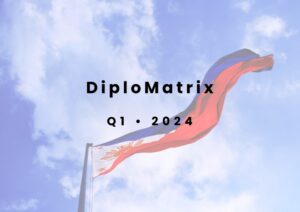Roundtable n°9 of the China Observatory, 6 April, 2016, with Pr. Robert Barnett (Columbia)
The Trojan Horse scenario occurs when a country conceals a major demand within a minor issue in order to obtain disproportionate advantage from another country. The recipient country misreads the demand as a minor issue and miscalculates the cost of concessions. These concessions then expose the country to disproportionate vulnerabilities beyond the original issue and that country’s potential for negotiation becomes more limited. Professor Barnett argues that since 1989, China has used minor issues related to Tibet as Trojan Horses towards competitor states, especially Western countries such as France, Norway, the United Kingdom and the United States, in order to enhance its position at a global level.
In this context, what is the role of Tibet in China’s foreign policy towards the West? In focusing on the particular mechanisms involved in China’s Tibet diplomacy, this report aims at defining alternative diplomatic choices for the West and promoting a more rational international decision-making process.
- The Trojan Horse Hypothesis
- The High Costs of Concessions
- The Conceptual, Political and Economical Factors for Concessions
- Effectiveness of a Trojan Horse
- The Strategic Foreign Policy Purpose of China’s Trojan Horses
- Responding to a Trojan Horse
- Conclusion
- Questions and Answers




